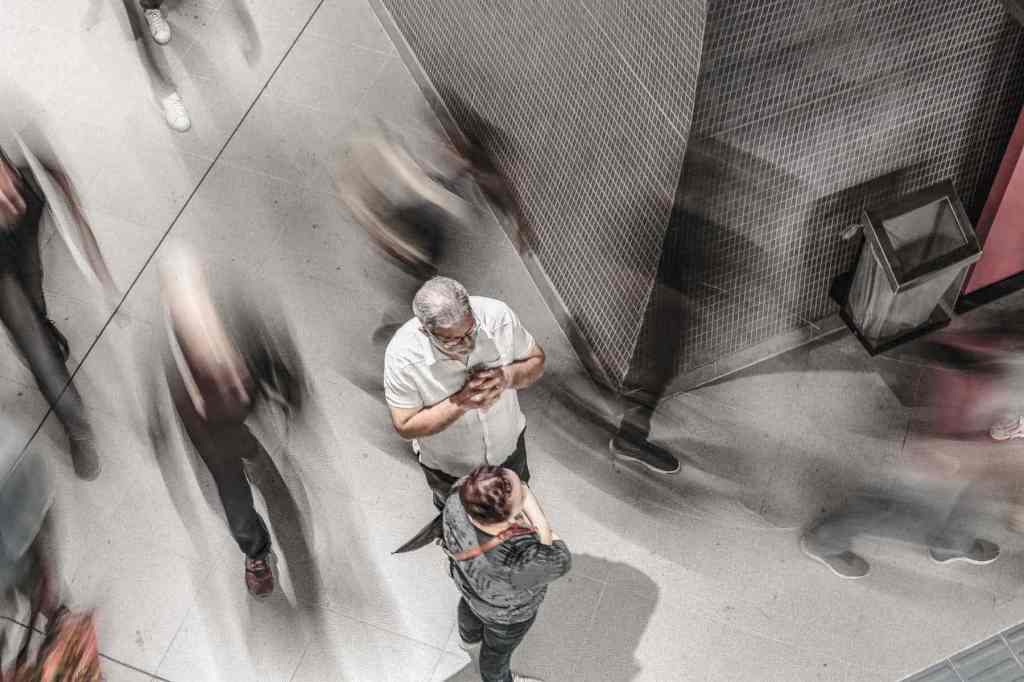First case study of Graduate Program in Computer Science modeled in Porto Alegre

Photo: Unplash
A project developed in the School of Technology‘s Graduate Program in Computer Science (PPGCC), is looking into the impact of the contagion of coronavirus among the population. For this, researchers have developed population dynamics simulators. The first case study, modeled in Porto Alegre, is being tested with data from the tests and the first results should be presented soon.
Coordinated by the PPGCC professor Dr. Soraia Musse, the project Population dynamics and the impact of contagiousness is one of the studies focused on finding solutions for the pandemic as it is being funded by Fapergs – Foundation for Research Support of the State of Rio Grande do Sul. In addition to Soraia, the team includes an undergraduate student, two graduate students and two post-doctoral fellows.
The professor says that, since she defended her dissertation in 2000, she has been working with crowd simulation. “I had also advised a doctoral student who worked with contagion simulation a few years ago. When the pandemic began, we focused on simulating behaviors of large masses and populations and integrating a model and contagion”, she reports.
For the project’s first case study, the team used public data available on the website of the Municipal Government of Porto Alegre. At this stage, the objective is to gather and organize this information to be used in the simulations.
According to Soraia, the data are being used by the two graduate students in the development of their theses. André Antonitsch, for example, has developed a parameterized crowd dynamics simulator, in which populations are created – as well as their origins, destinations, characteristics and locations in space.
The student has been researching crowd simulation with Dr. Musse’s Virtual Human Simulation Laboratory (VHLab) since 2017. “I have written an undergraduate thesis in this area, but we wanted to explore higher-level simulation methods, like simulating large groups of people, for example. We saw in the Covid-19 project an opportunity to explore methods of an even higher level”, he reports. From this, Antonitsch and his professor changed the topic of his thesis to build a simulator suitable for the population dynamics of Porto Alegre within a context of infection and quarantine.
Soraia says that the first version of the simulator is being finalized. Currently, it is being tested, and the next phase will be to define parameters for the city of Porto Alegre, based on data from its areas.
According to Antonitsch, these simulation techniques allow for testing relaxation or tightening of measures during the quarantine and a clearer picture of the impact of these measures on disease transmission rates and population flow. The simulator will serve, for example, as a planning tool. In the specific case we are going through, our idea is to be able to simulate the city with closed or open regions, with different levels of distance ”, Soraia adds.
Another project developed by a PPGCC student is also contributing to tackle the Covid-19 pandemic. Noharm.ai, an Artificial Intelligence startup, can read 800 medicines and analyze 500 thousand prescriptions in seconds. The company was born out of the research of doctoral student Henrique Dias.
Being partners with Navi, an artificial Intelligence hub located at PUCRS’ Science and Technology Park (Tecnopuc), the startup is now partners with the Innovation Center of Santa Casa and Mãe de Deus Hospital. According to Prof. Renata Vieira, Dias’ supervisor, the student always tried to associate his research with the real problems faced in hospitals, as he looked for solutions that could bring positive differences in the area of adverse events management. Find out more about it.
Registrations for Master’s and Doctoral degrees are now open in the Graduate Program in Computer Science. The graduate program embraces six lines of research and prepares students to work both in academia and in the development of highly complex applications and relevant technological content for large organizations. The deadline ends on Jun 19. All documents must be submitted online.